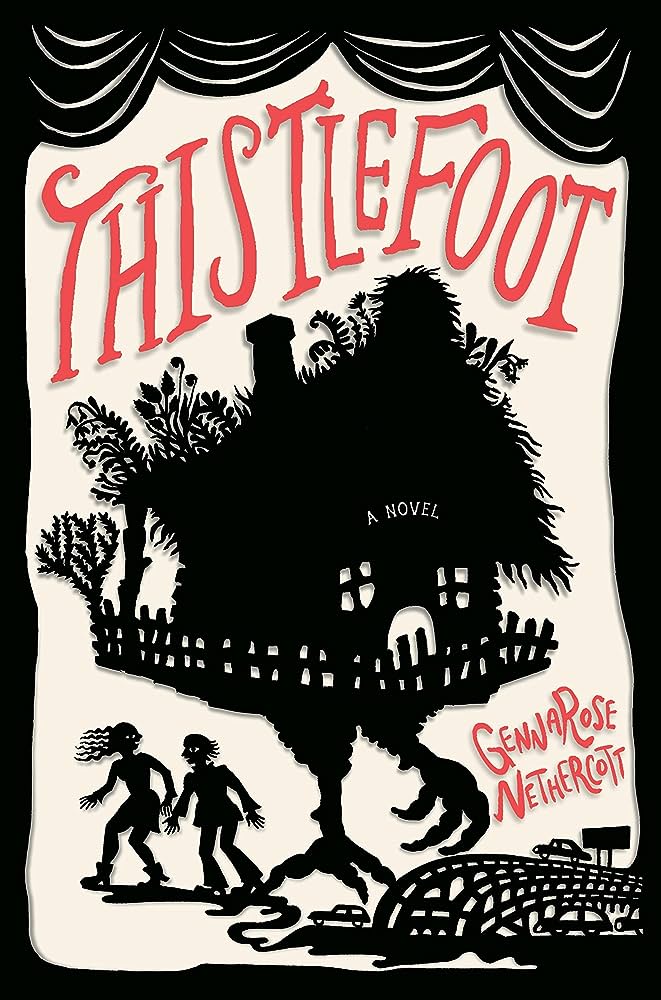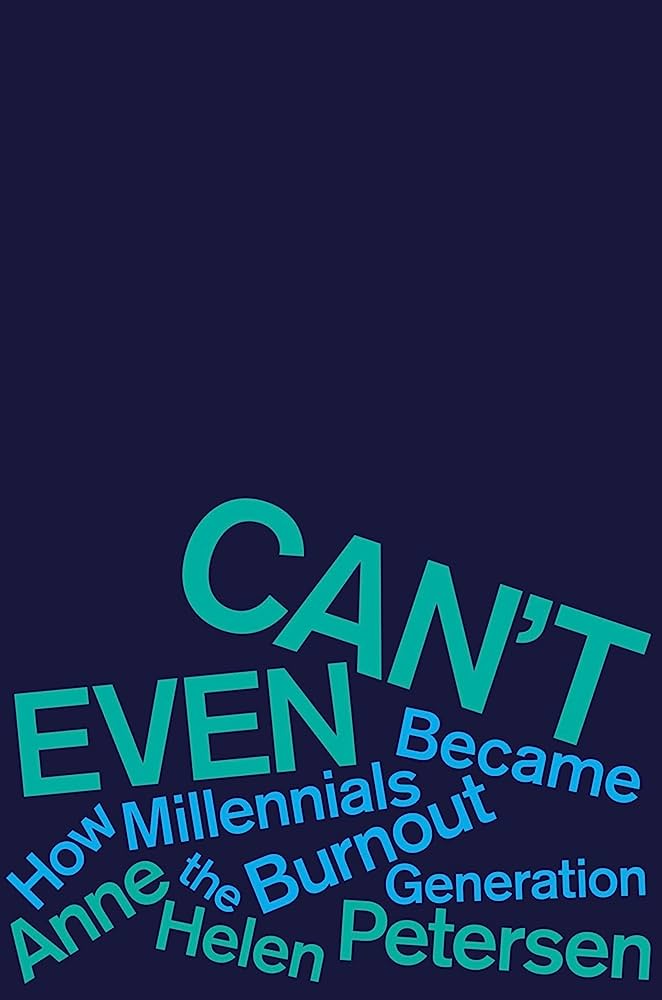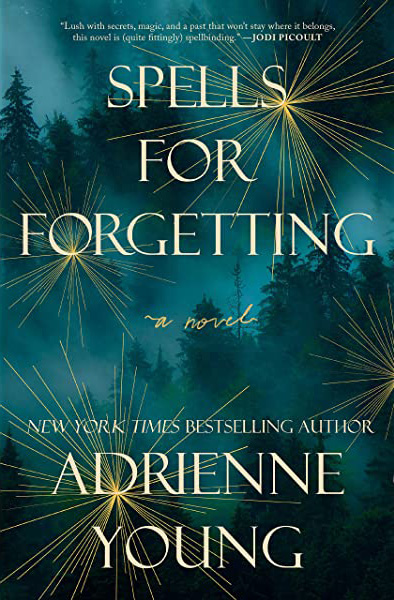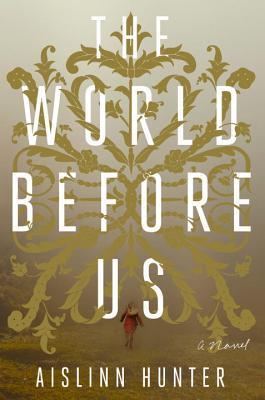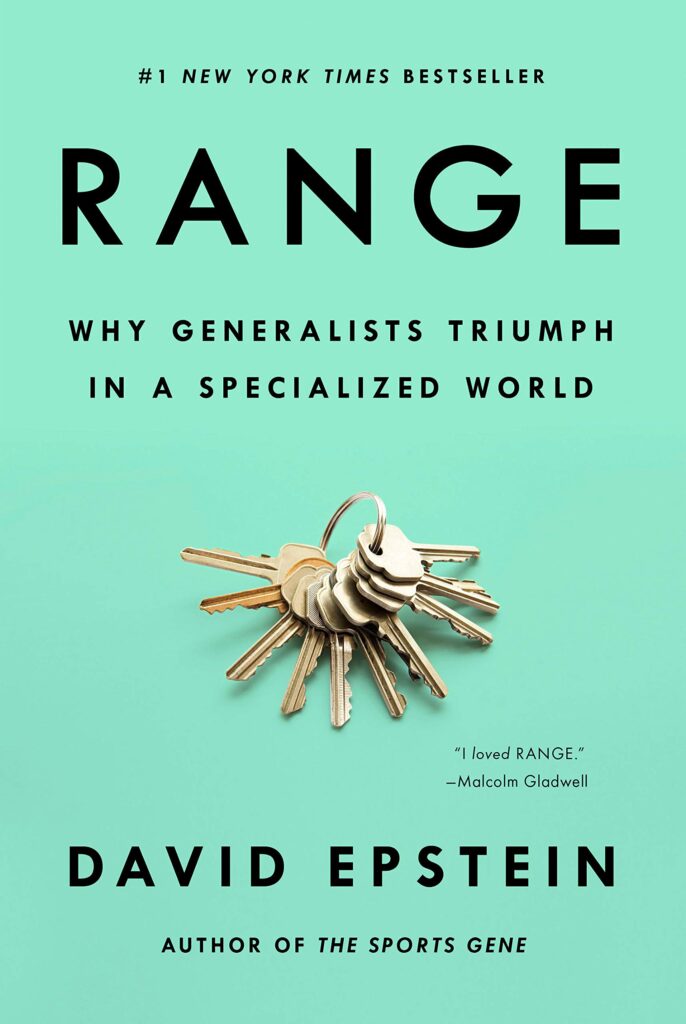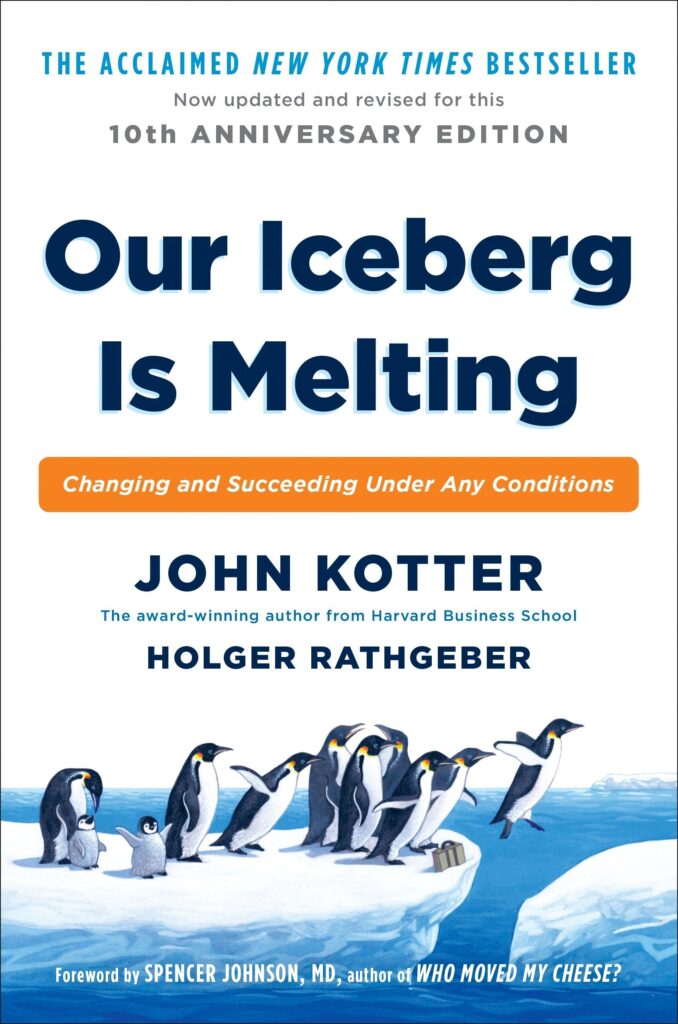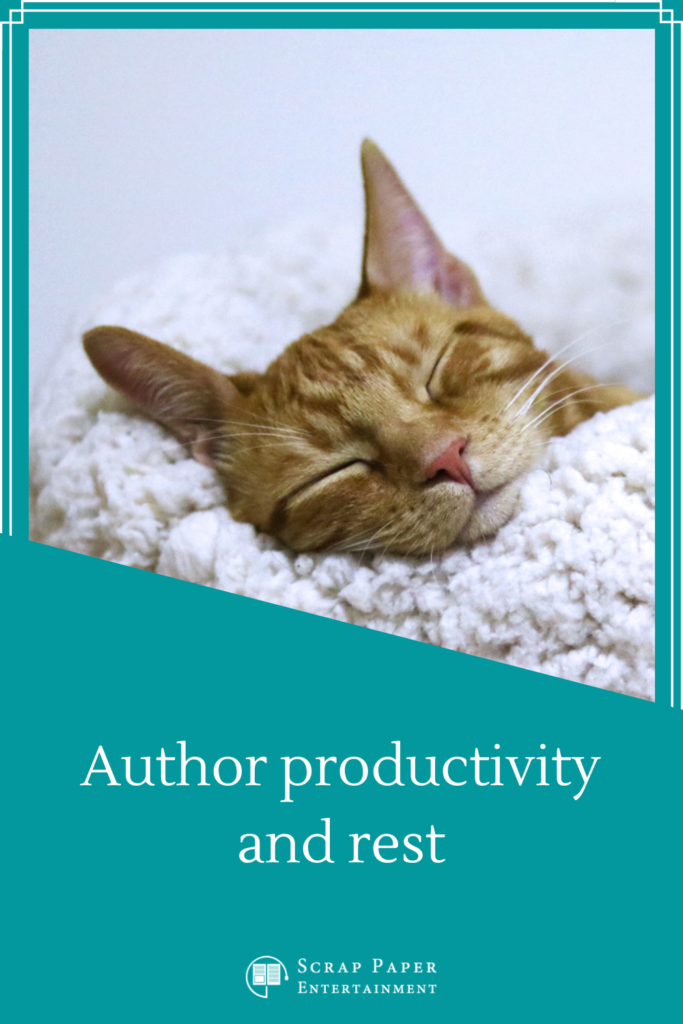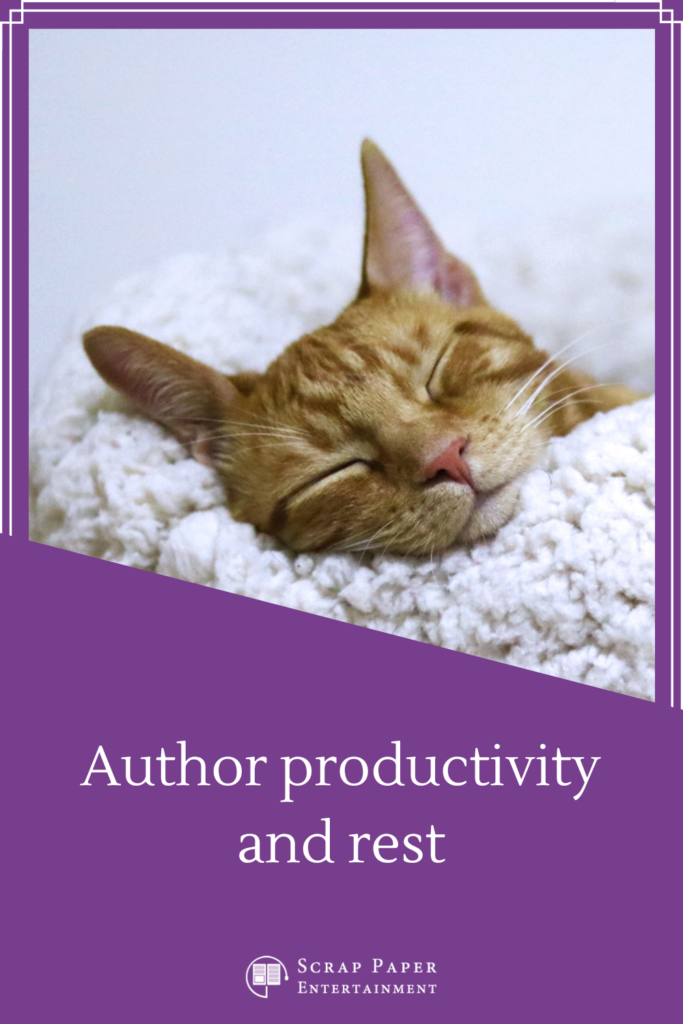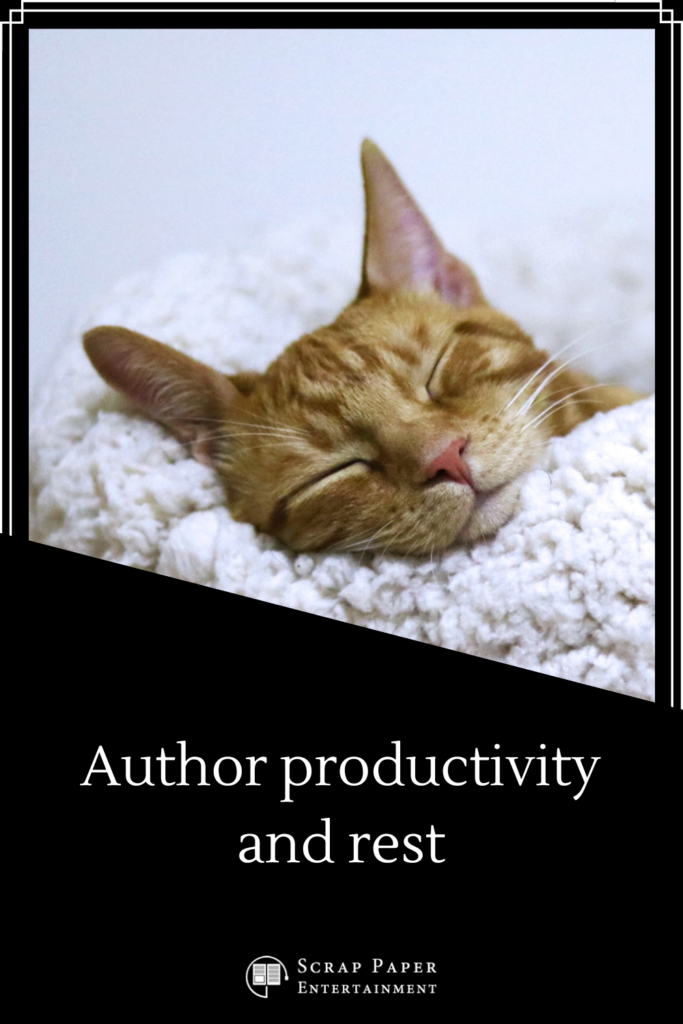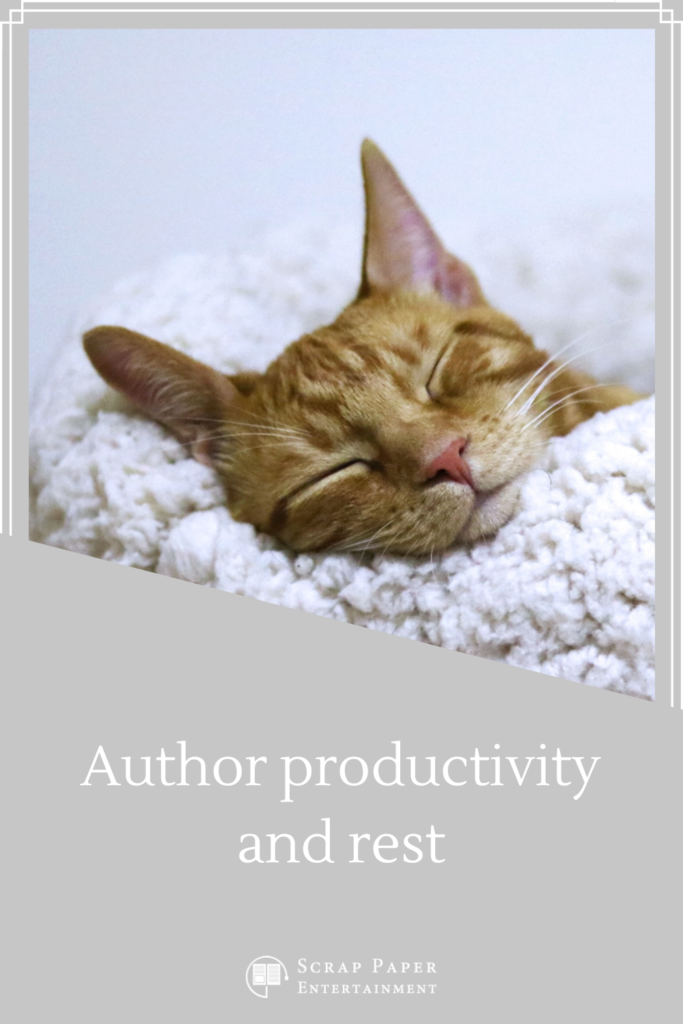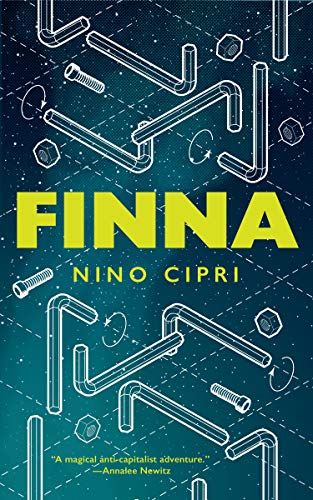
I am finally getting some of my holds in! I’ve been working on a few new things I’ll talk about in a bit, so the books are a nice reminder that I was planning to read a lot more this year. That goal has not gone well, but time to try and pick it up again!
The story follows Ava who has been called into work at an Ikea knockoff store where her ex who she’s been avoiding, Jules, is also working a shift. When a little old lady slips into an alternate dimension, the pair of them are voluntold to go get her and are sent into the wormhole to find first the remains of the woman, followed by a replacement as they work through their relationship troubles.
This feels very much like Horrortor in a lot of ways, from the premise of it being an Ikea knockoff with alternate dimensions and horror elements. It has a much more action adventure angle to it, though, with much more exploration and much less being horribly scarred by the carnivorous furniture and hive mind employees of the alternate dimension.
A lot of the book was relationship stuff, though, and the two exes working through their relationship and why their recent breakup happened. And it never feels like they actually work out anything so much as they air out their grievances. I hoped that these issues would have some kind of parallel to the horror worlds they ended up in, but ultimately it felt very separate.
Overall, it’s not bad. I’m not a fan of relationship heavy stories and I thought it was a little heavy on that aspect, but I did like the way the story played out in the end. It’s also pretty short, so if you have an afternoon it’s worth checking out!
